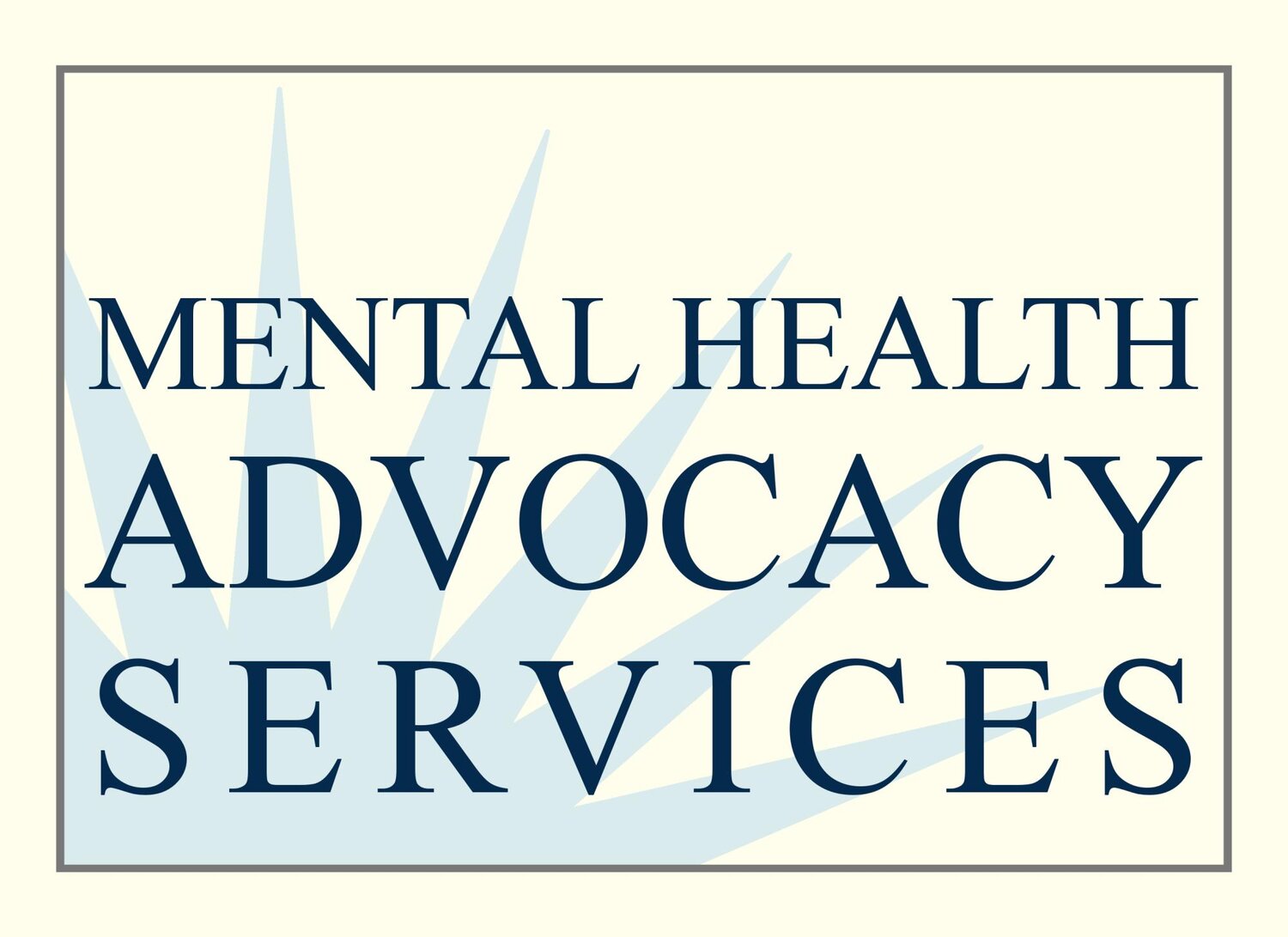The Invisible Parent-Child Connection
by Eliza SchaflerEliza Schafler is an MHAS Equal Justice Works Fellow sponsored by Greenberg Traurig, LLP.
When I tell people about our Behavioral Health-Legal Partnership (BeHeLP), there are sometimes skeptics who wonder, “How do your legal services directly affect children?” Or, more bluntly, “If your project is meant to serve kids, why are so many of your clients adults?”It’s s a valid question. Why do we believe that legal assistance for adults can credibly be called a project for children? Sometimes, the connection between a caregiver’s legal problem — such as custody, immigration status, or expungement — and the mental health of a child is hard to see.To understand just how critical the needs of adults can be to children, it’s best to speak directly with the experts: mental health clinicians for children. Today, in a workshop with staff at Hathaway-Sycamores Child and Family Services, I had the opportunity to do just that.One after another, clinicians and other clinical staff for children approached me with their most pressing questions — and they were all about adults. For instance, one clinician asked me to ask how to expunge a grandmother’s criminal record. Why? Because a child struggling in foster care wanted desperately to live with her grandmother, and the grandmother’s record from long ago prevented her from becoming a foster parent.Another clinician came to me to ask about a parent’s eligibility for immigration status as a survivor of domestic violence. Why? Because without the ability to work legally, the parent could not afford rent, and the entire family (including young children) was on the brink of a traumatic experience with homelessness.Working in the medical-legal partnership movement reminds all of us involved in BeHeLP that a child’s mental health can only partially be resolved with interventions for children. We must promote stability for the whole family.
